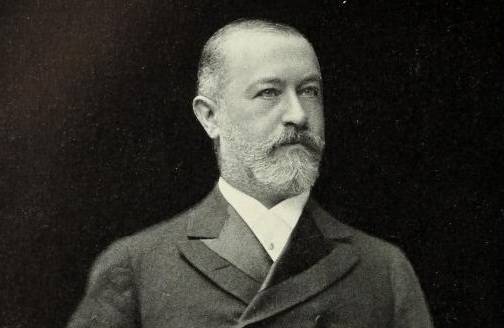A surprise bestseller of the year 1970 was a book titled “Nihonjin to Yudayajin” (“The Japanese and the Jews”). It brought international fame to an author until then unknown — Isaiah Ben-Dasan.
He introduces himself: a Jew born in Kobe and therefore at home in both Judaism and the religion he called “Nihonkyo” (“Nihonism”). Japanese as he saw it was more than a nationality, more than a language, more than a culture. It was all those in one, and greater than the sum of its parts. It was a culture-religion, or religion-culture, without gods and therefore distinct from, though encompassing, ancient Shinto with its myriad gods.
“Humanity, not a deity,” said Ben-Dasan, “sits at the center of Nihonism.”



